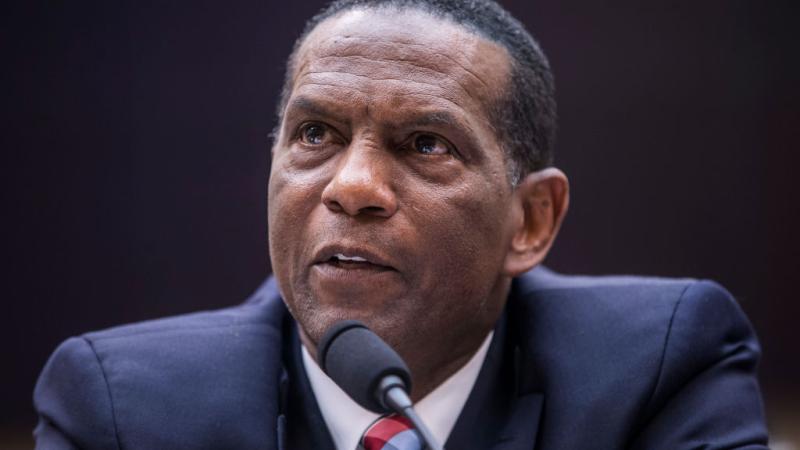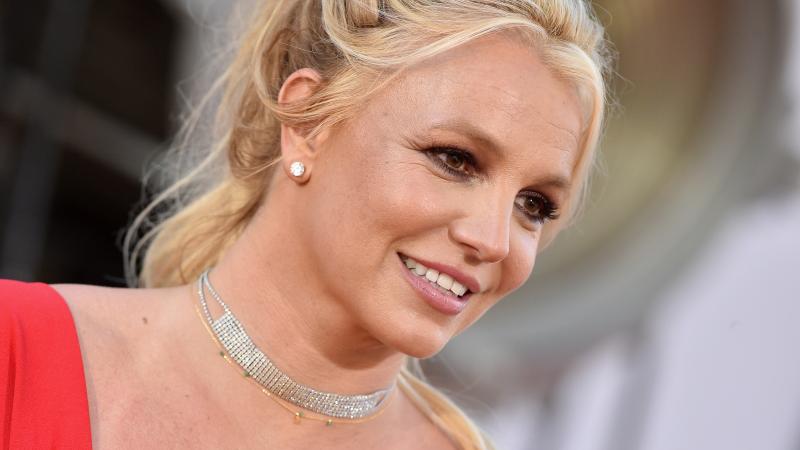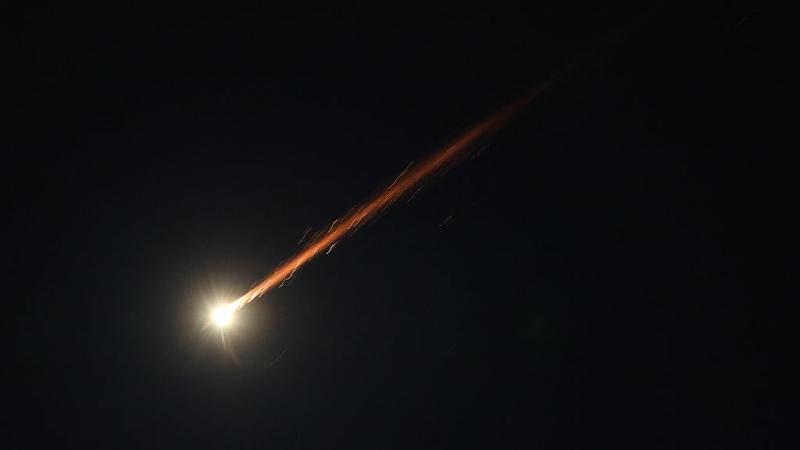March on Washington to exceed capital's coronavirus restrictions, pack streets
Large groups are prohibited, but protest expected to fill the streets.
The nation's capital on Friday will host an event that has become comparatively rare in the age of COVID-19: a mass gathering expected to number in the tens of thousands that will pack the city's streets and possibly bring protesters shoulder-to-shoulder on the iconic National Mall.
This March on Washington is taking place 57 years after the hallowed 1963 March on Washington, the setting for Rev. Martin Luther King, Jr.'s historic "I Have a Dream" speech, one of the seminal moments of the civil rights movement. The event website states that it seeks to "channel the soaring energy from this national moment of reckoning and will call for reforms of the systems, structures, policies, and attitudes that enable police brutality [and] racial discrimination."
Organized by Al Sharpton's National Action Network along with several other advocacy groups, the march is occurring under strikingly different circumstances than the 1963 original, taking place as it is amid a global pandemic at a time when the D.C. government has formally outlawed gatherings of more than 50 individuals.
That ban — variations of which have been instituted in cities and states across the country over the last several months — is part of D.C.'s Phase Two Guidance, which has been in effect since late June. Mayor Muriel Bowser, like many of her counterparts across the U.S., has been reopening her city in staggered "phases" meant to slowly reintroduce normal life with the gradual easing of strict regulations on individual mobility, public assembly, and work.
"During Phase Two of reopening, mass gatherings of more than 50 people are prohibited," the city's guidance states. Unlike some other municipalities, D.C.'s gathering limit does not appear to offer any exceptions for protests or demonstrations.
Around 50,000 attendees are expected at the march on Friday, according to a permit issued by the National Parks Service this week.
On Thursday night, President Trump hosted several hundred, mostly maskless guests on the White House lawn to listen to his nomination acceptance speech.
The city instructs residents that they "must wear a cloth face covering when leaving your home and entering public spaces or areas where you are unable to maintain 6 feet of distance from other people, even if outside."
Jesse Goodman, a professor of medicine and infectious disease at Georgetown University, said such measures may be key to slowing the spread of the virus.
"There is not great data on this, and we are always learning," he told Just the News on Thursday, "but my sense is that, while there has not been strong evidence of superspreading events or widespread disease directly caused by most prior outdoors rallies or protests, any time people gather together, for whatever reason, can pose some risk of COVID transmission."
"The risk can likely be significantly reduced if people are outdoors, consistently wear face coverings and practice careful social distancing and hand hygiene, as well as avoid indoor group activities," he added.
Yet federal officials are reportedly not planning to enforce compliance with those rules at the march. A spokesman for the National Park Service told the Daily Caller News Foundation this week that although the agency "strongly encourages social distancing, the use of masks and other measures to prevent the spread of infectious diseases, we will not require nor enforce their use."
That decision appears to track with general National Parks Service guidance; an agency spokeswoman told USA Today this week that the service "encourages visitors to follow CDC and state and local guidance" on COVID mitigation, but the NPS apparently only suggests those measures as "tips" rather than mandating them.
The march's coordinators have nevertheless instituted strict safety measures of their own, with the Washington Post reporting that attendees will have to submit to a temperature screening, wear masks, maintain distance from other marchers and assemble in marked spots to ensure adequate space between protesters.
D.C. quarantine rule may not be enforced on protesters
Under D.C. mitigation rules, meanwhile, "anyone coming into Washington, DC from a high-risk state (within the prior 14 days) who was traveling for non-essential activities will be required to self-quarantine for 14 days from their arrival in the District," but Mayor Bowser has sent mixed signals about plans to enforce that rule.
At a press conference last month, when asked if attendees at the planned march would have to quarantine in the city for two weeks before participating in it, she said that "if there are people who would be coming from [high-risk] jurisdictions that are on that list, they would need to be quarantined."
However, when asked again if march attendees would have to quarantine two weeks before participating in it, Bowser seemed to backpedal. "I didn't say that," she said. She subsequently refused to answer any more questions about the policy.
Bowser's office did not respond to queries from Just the News regarding tomorrow's event, including whether or not it would seek to enforce social distancing and mask mandates and how, if at all, it would enforce the city's quarantine policy on march attendees.
The march itself has underscored the frequent tension over the last few months between what public health officials claim are paramount public safety measures and what activists claim is the critical need to stage mass demonstrations against alleged injustices throughout the U.S.
House Majority Leader Steny Hoyer told Just the News on Thursday that he joins "in solidarity with the millions of Americans marching and speaking out, demanding racial justice and accountability in policing."
"Systematic racism plagues our nation, and it is up to us to stand up and say enough is enough," he said. "I support all those peacefully protesting violence against Black Americans, and encourage them to follow health and safety guidelines put in place during this pandemic.”
Yet Hoyer in the past has been critical of some Republican lawmakers for not following coronavirus guidelines on Capitol Hill.
"Very frankly, too many Republicans have continued to act extraordinarily irresponsibly," Hoyer said in July.
Nicholas Ballasy of Just the News contributed to this report.















